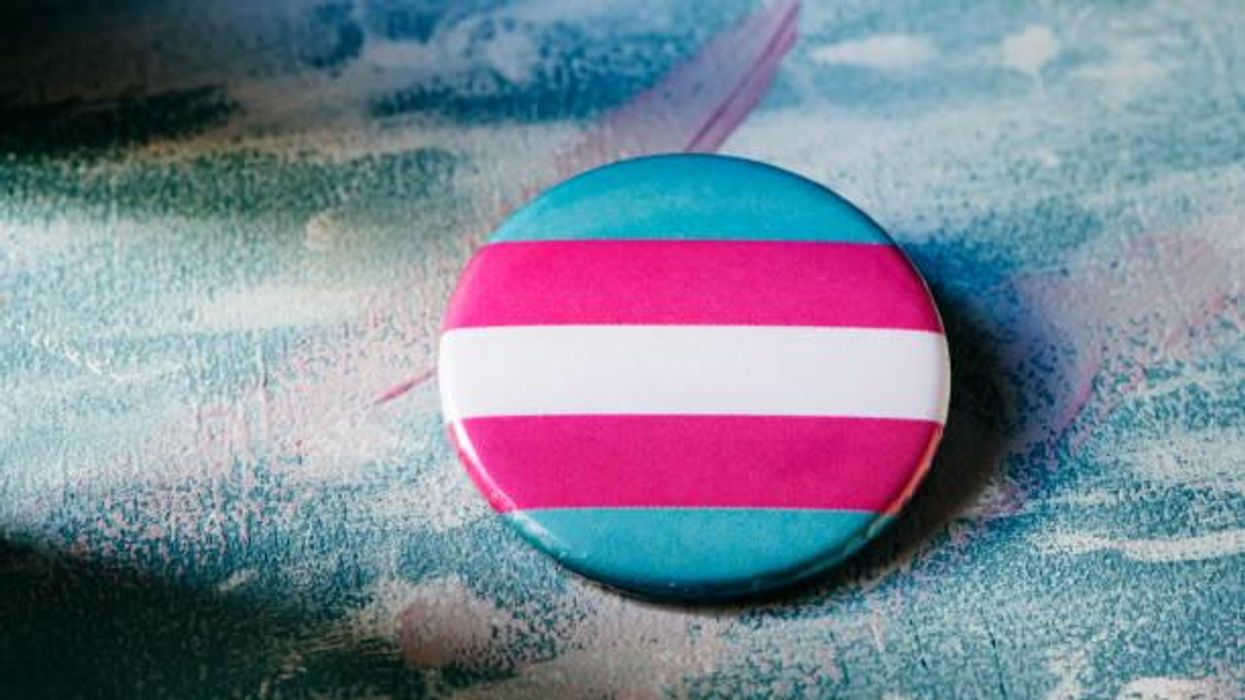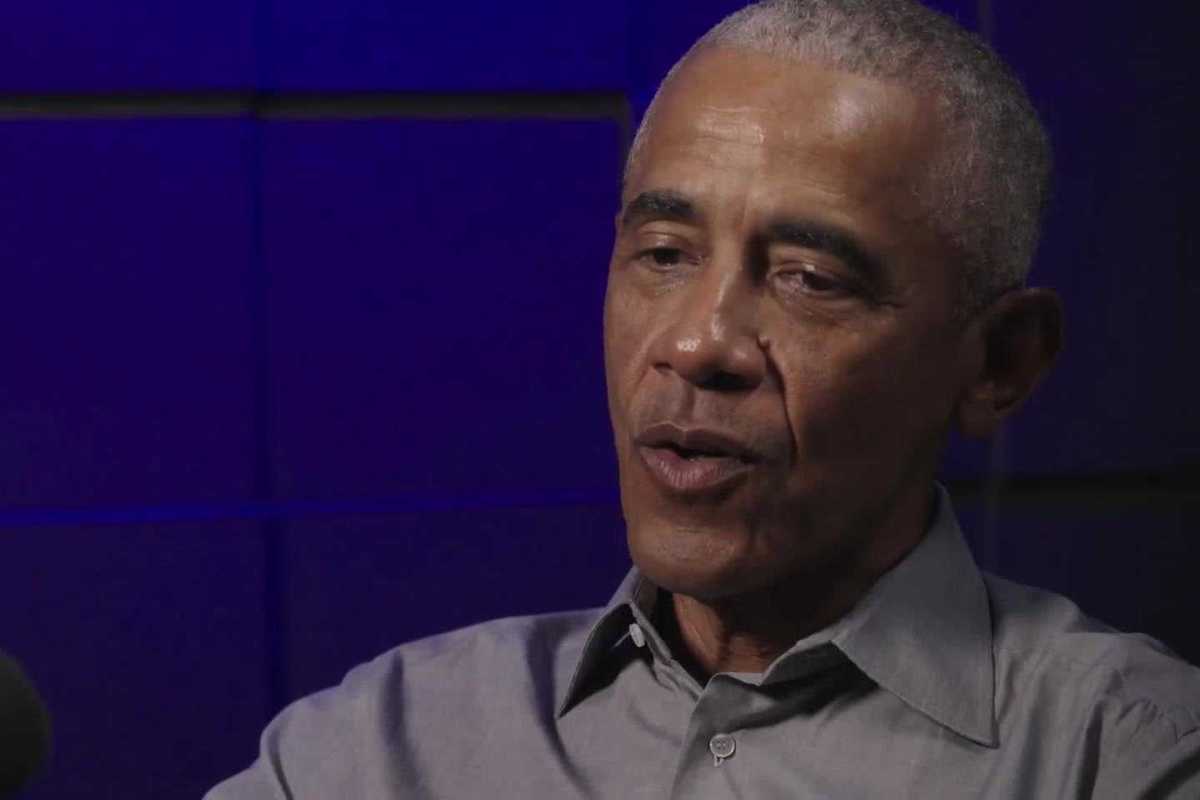Becca Monaghan
Feb 13, 2023
5 Quotes From Influential Transgender People (Transgender Day of Remembrance)
content.jwplatform.com
Transphobia is a rejection of trans identity, with fear, disgust, dismissal or hatred directed towards those who are transgender, nonbinary, or gender nonconforming.
It doesn't have one singular manifestation. Instead, it stems from any behaviour or attitude that stigmatises trans people, denies their identities and treats them as unequal.
Recently, Sam Smith (who uses the pronouns they/them) claimed they lost fans as a result of "homophobia and transphobia."
The 'Unholy' singer explained: "In terms of music I definitely feel like there are some people that have turned away, I think purely down to homophobia and transphobia.
Sign up for our free Indy100 weekly newsletter
"That’s a hard thing to take on, that people are digesting your music in a different way."
"My music has always been queer. In The Lonely Hour was all about being in love with a straight guy. It’s fascinating how people’s politics sometimes can leak into their love of music."
They went on to insist that all non-binary and trans people want is for their identity to be acknowledged.
"I’m definitely not trying to destroy gender in my views or my expression," Smith said on Annie Mac's Changes podcast. "Right now what’s needed is just to acknowledge that there is a third box and that trans people do exist."
"Everyone’s life is as important as the others."
In our day-to-day lives, some of the many transphobic behaviours can present themselves as:
- Using incorrect pronouns
- Using a transgender person's 'dead name'
- Bullying and violence
- Workplace or medical discrimination
- Be asked inappropriate, deeply personal questions
To combat transphobia, it's important to educate yourself on transgender rights, gender identity issues, and how to respect and represent transgender people in the best way possible
Healthline encourages people to pull prejudicial comments up in the moment, whether that be correcting someone's pronouns or challenging certain remarks. Or if not, "catch them privately later".
It's also important to support the person being targeted. "If you don’t feel comfortable saying anything, help them leave the situation safely," they wrote. "You might go up and start a conversation, for example, or say your teacher or supervisor asked you to find them."
Have your say in our news democracy. Click the upvote icon at the top of the page to help raise this article through the indy100 rankings.
Top 100
The Conversation (0)














